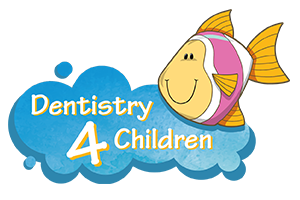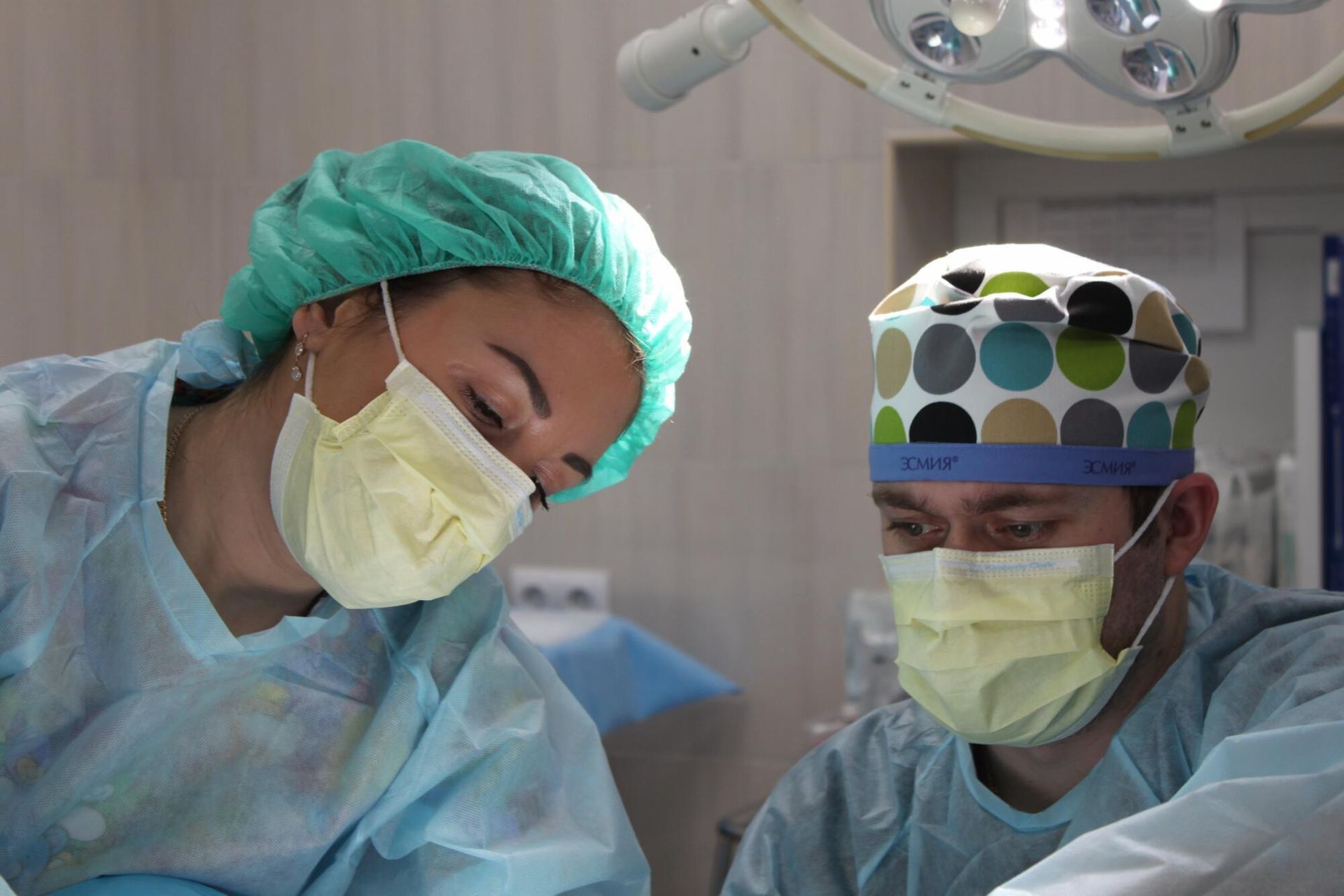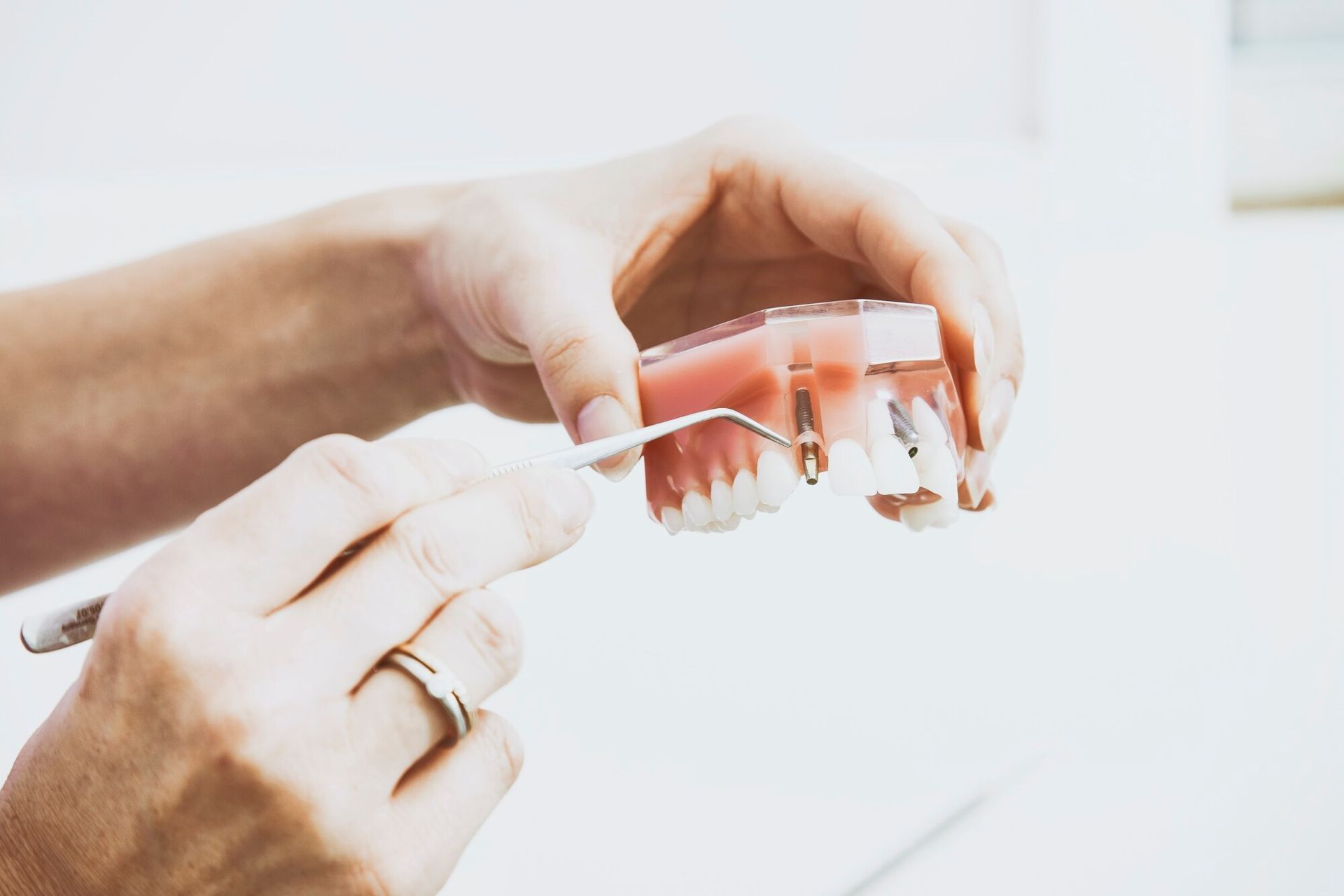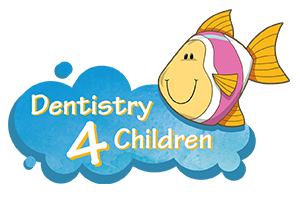What Are Cavities and How Do You Prevent Them?
Did you know that in the United States, 90% of adults 20 and older have at least one cavity?
Cavities are one of the most common health problems worldwide, and cavity prevention is key to your health and well-being.
Untreated cavities can lead to infections and problems with eating. In children, they can lead to difficulties with learning and playing. So, if you're looking for a dentist in Friendswood, TX, you've come to the right place.
It's time to visit the dentist and take care of your smile! Keep reading to learn all about cavities and how to prevent them.
What Are Cavities?
A cavity is tooth decay that eventually forms a hole in your tooth. Cavities initially form on the surface of your teeth and start small. If a cavity isn't treated, it goes into the deeper layer of your tooth. This eventually causes infection and eventual loss of your tooth.
Causes
This tooth decay results from a combination of bacteria, not cleaning your teeth well, and eating sugary foods. Cavities occur over time by:
When you don't clean the food and sugar from your teeth, it attracts bacteria. These bacteria feed on these sugars and form a sticky film called plaque. Plaque stays on your teeth and eventually hardens around your gum line. Once this plaque hardens, it's referred to as tartar and is difficult to remove.
Plaque contains acids that remove minerals from your tooth enamel. Once the bacteria wear the enamel away, they can reach the next layer of your tooth. This layer is called dentin and is much softer and wears away easily.
As the cavity grows, the acid gets into the inner tooth, which has nerves and blood vessels. This area becomes irritated and swollen from the bacteria and causes pain.
Risk Factors
Risk factors for cavities go beyond just not brushing your teeth enough. Every single person is at risk of getting cavities, but other factors can increase your risks, such as:
- Tooth location
- Sugary foods and drinks
- Not enough fluoride
- Old age
- Dry mouth
- Heartburn and reflux
Symptoms
Symptoms of cavities can vary, depending on their size and location. In the early stages, you likely won't notice any symptoms at all. As your cavity gets larger, you'll notice symptoms like:
- Sensitive teeth
- Tooth pain with no obvious cause
- Noticeable holes in your tooth
- Brown or black staining on the surface of your tooth
- Pain with eating
Cavities are so common it's easy not to take them seriously. But serious complications can occur if you ignore your symptoms. Common complications include tooth abscesses, shifting of teeth, and tooth loss.
How to Prevent Cavities
Much of cavity prevention depends on you and how you care for your teeth. It's important to get in the habit of brushing and flossing regularly. The best ways to prevent cavities include:
- Brush your teeth using fluoride toothpaste at least twice every day
- Cut back sugars and starches
- Make sure to floss daily
- See your dentist at least twice a year
Consider eating healthy foods for your teeth, such as celery, carrots, and kale. These crunchy vegetables help to promote saliva and have added teeth cleaning benefits because of their nutritional value.
Shiitake mushrooms are packed with flavor, but they also have anti-microbial properties that help to fight tooth decay. They contain lentinan, which prevents bacteria from growing in your mouth.
Calcium-rich foods such as low-fat yogurt, cheese, milk, and almonds also help promote stronger teeth and bones. Also, make sure to drink plenty of water. Not only does drinking water contain fluoride, but it also keeps your teeth healthy by washing away food particles.
You can also consider dental sealants. A sealant is a protective coating placed on the surface of your teeth. These sealants cover grooves in your teeth that tend to collect food. Sealants can last for years before you need to replace them. Sealants are also recommended for all school-age children.
Another option is fluoride treatments. Your dentist may recommend that you get fluoride treatments regularly, depending on your risk of tooth decay. Some people need prescription fluoride treatments that come in custom trays to fit over your teeth for application.
Finally, you can ask your dentist about antibacterial treatments. Your dentist can recommend antibacterial mouth rinses to help reduce the bacteria in your mouth.
How to Get Rid of Cavities
When you have a cavity, you need professional care from your dentist. Treatment options depend on how severe your cavities are. Fillings are the first option for cavities beyond the early stage.
If you have weak teeth or more extensive decay, you might require a crown. A crown is custom-made to fit over your natural tooth. Crowns can be made of materials like porcelain, resin, or gold.
If your cavity reaches the inner part of your tooth or pulp, you will likely need a root canal. With a root canal, the infected pulp is removed, and medication is used to treat any infection. Afterward, your dentist will use a filling to replace the pulp.
Sometimes a cavity can be so severe it can't be restored in any way. In this case, you will need to have the tooth extracted. Your dentist might recommend a dental implant or bridge to replace the missing tooth and prevent the other teeth from shifting.
Dentist in Friendswood TX
If you need a dentist in Friendswood, TX, Bay Area Dental Specialists and Dentistry 4 Children have just what you need. We have two clinics offering dental services for children and adults in one building.
We treat every patient with respect and are dedicated to taking the worry out of your dental visit. We also offer choices for sedation and make sure you get the care you need.
Make sure you
contact us today for a healthier smile tomorrow!

For Kids
For Adults
All Rights Reserved | Dentistry 4 Children | Bay Area Dental Specialists
Website designed and maintained by Xpress, INC













